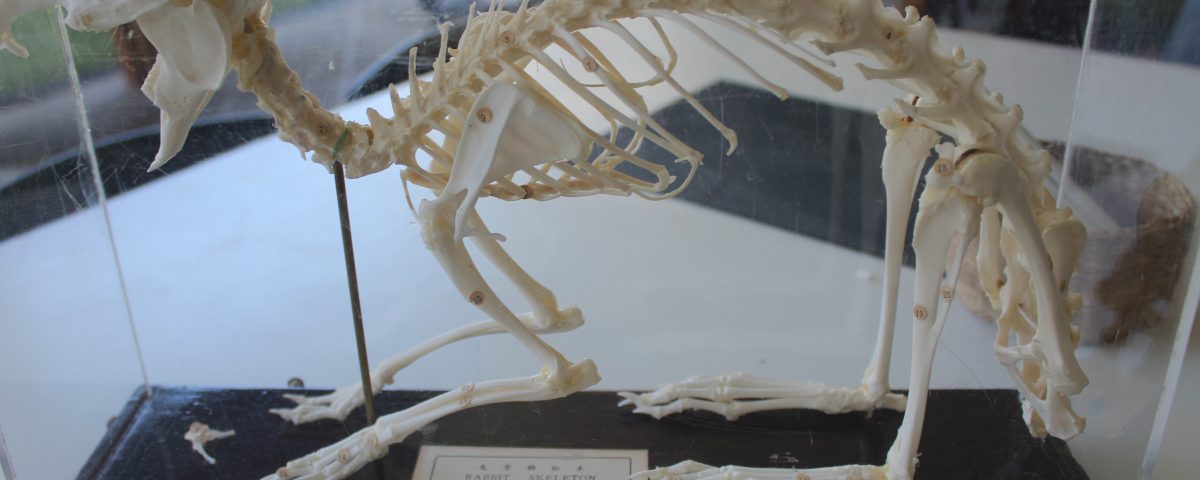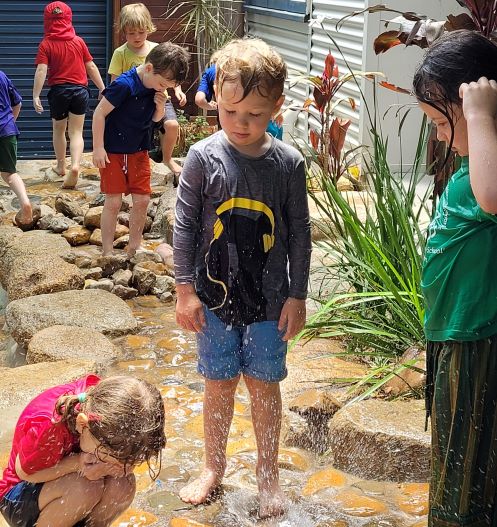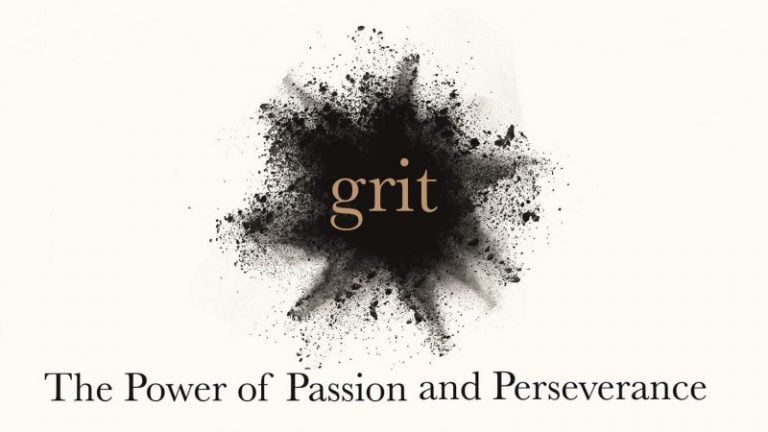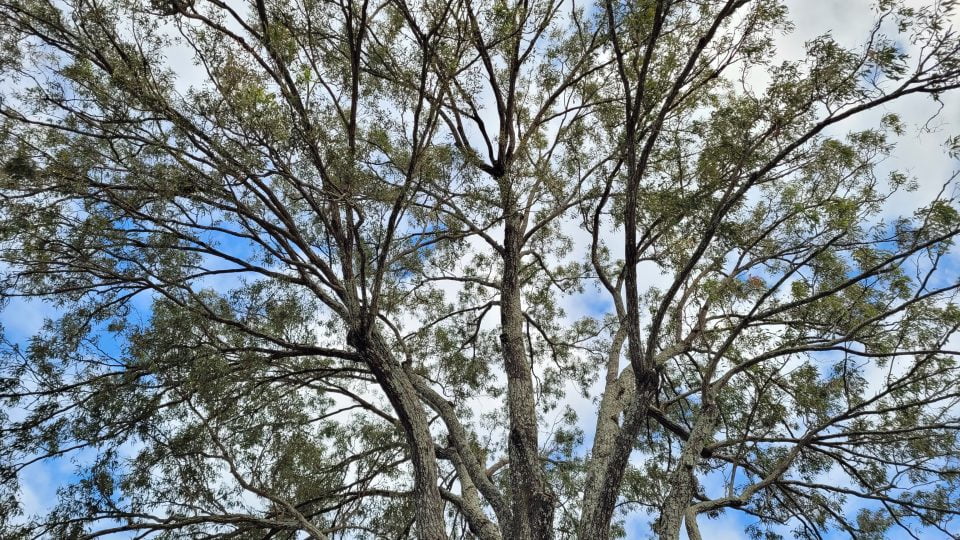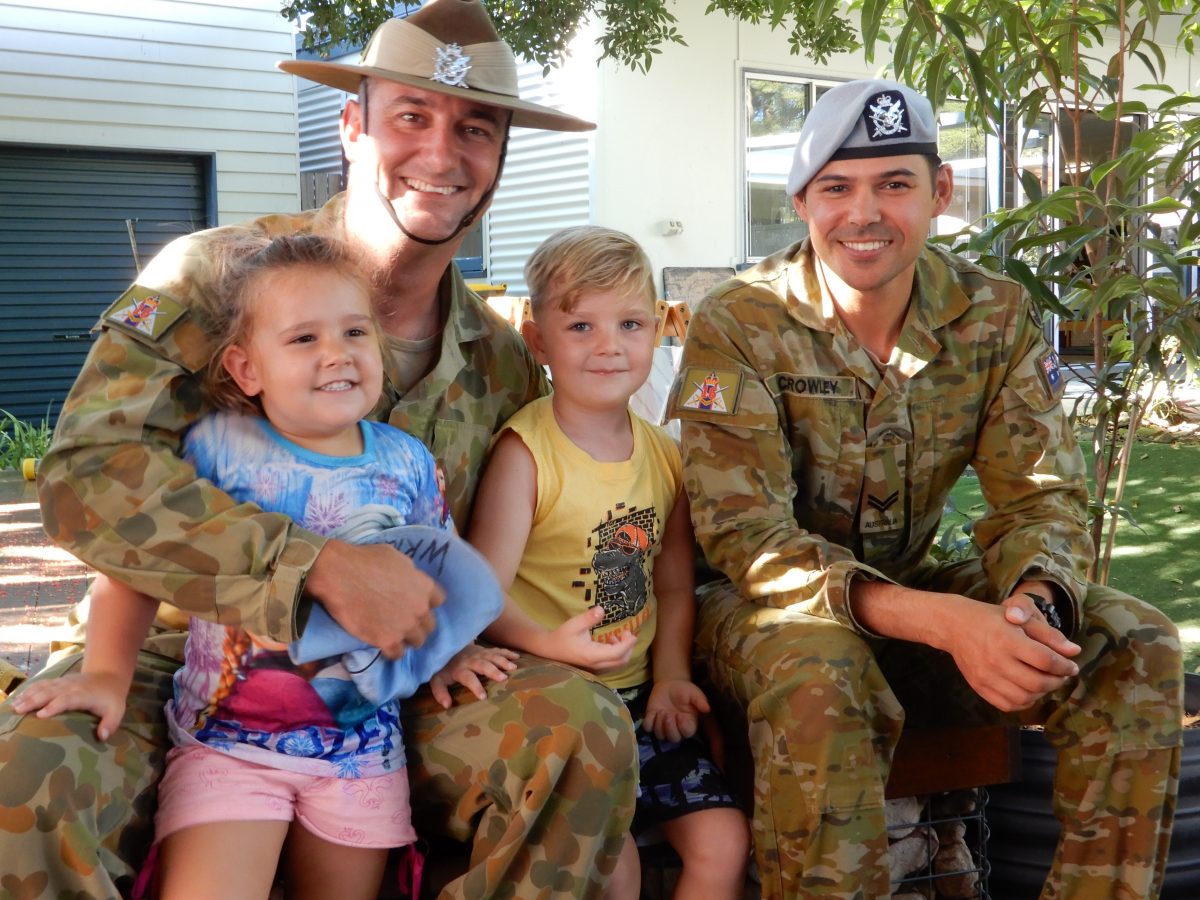
Reflections about Anzac Day
May 18, 2018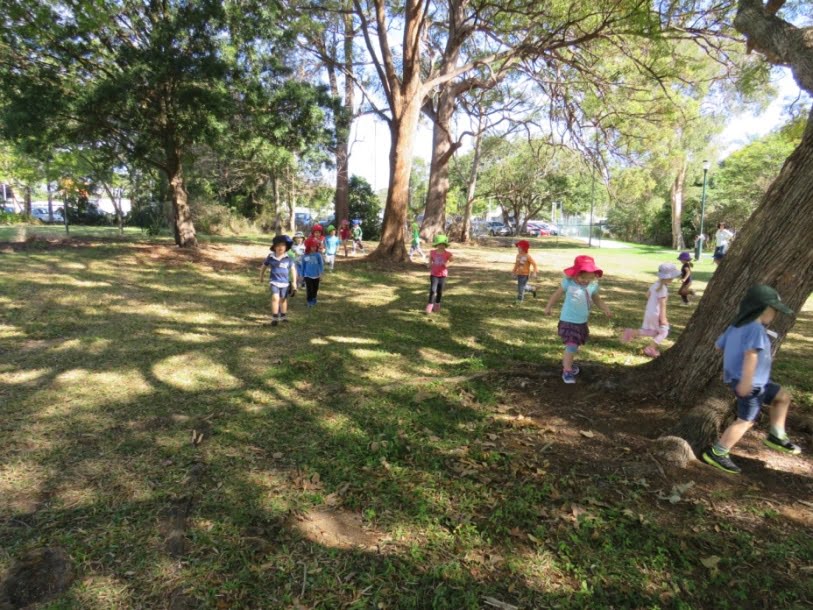
Going Bush!
June 22, 2018You may well not see great joy when your child is asking “why’ for the fifth time in a row, however consider this. Carlina Rinaldi, an educator in the schools in Reggio Emilia, Italy, describes children’s capacities in this way:
The young child is the first great researcher. Children are born searching for the meaning of life, the meaning of the self in relation to others and to the world, the meaning of their existence, the meaning of conventions and customs, and of the rules and the answers we provide.
If we know how to listen to them, children can give back to us the pleasure of amazement, of marvel, of doubt . . . the pleasure of the “why.” Children can give us the strength of doubt and the courage of error.
They can transmit to us the joy of searching and the value of research as an openness toward others and toward everything that is new. (https://apenet.files.wordpress.com/2011/01/researcher_rinaldi.pdf)
‘Why’ is an indicator of a curious mind and a child’s sense of wonder and curiosity can be the foundation for becoming a lifelong learner.
Let your child’s questions lead your explorations. Listen with care and linger with ideas. Sometimes the value of a question is to let it sit and not rush to meet an expected outcome.
An example of this occurred the day some skeletons arrived from the museum! The snake skeleton was fairly easy to identify but what could this be? Children guessed and some backed their guesses with their reasons, their mini-theories. We are still pondering and invited parents to ponder as well. We have skeleton images of some of the children’s guesses to use to compare and to prove or disprove. To have a guess you have to be brave, be willing to fail and guess again. All key features of resilience and a growth mindset.
We could have easily told the children the answer but consider the missed opportunity for children to take charge of their thinking, an active role in their own learning and building resilience. Learning becomes far more meaningful when children are the discoverers, data collectors and theory builders or busters as they reinforce or arrive at new ideas.
As adults, we can encourage or discourage children’s thinking by our responses to their thinking. How do we respond to a child’s ‘wow’ moment? Do we show genuine interest? Do we keep the conversation going by asking open-ended questions? (e.g. ‘How did you … ?’ ‘Why does this … ?’ ‘What happens next?’ ‘What do you think?’ ‘I wonder what would happen if … ?’) Keep in mind, that it is also important to listen, just listen, without a barrage of questions.
If questioning is considered appropriate, Professor Iram Siraj-Blatchford (ECA conference 2012) invites us to use positive questioning and comments including:
‘I don’t know, what do you think?’ ‘That’s an interesting idea.’
‘I like what you have done there.’ ‘Have you seen what X has done – why?’
‘I wondered why you had … ?’ ‘I’ve never thought about that before.’
‘You’ve really made me think.’ ‘What would happen if we did … ?’
Having these interesting conversations can occur at any time. Consider this the next time your child asks “why”.


